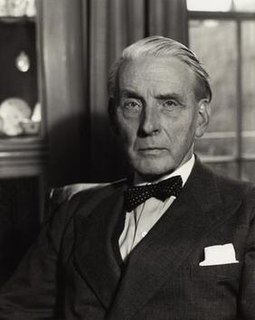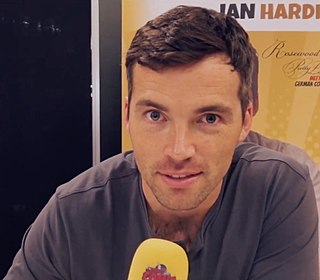A Quote by Shawn Achor
Happiness is not the belief that we don't need to change; it's the realization that we can.
Quote Topics
Related Quotes
The belief that happiness has to be deserved has led to centuries of pain, guilt, and deception. So firmly have we clung to this single, illusory belief that we've almost forgotten the real truth about happiness. So busy are we trying to deserve happiness that we no longer have much time for ideas such as: Happiness is natural, happiness is a birthright, happiness is free, happiness is a choice, happiness is within, and happiness is being. The moment you believe that happiness has to be deserved, you must toil forevermore.
There are things about ourselves that we need to get rid of; there are things we need to change. But at the same time, we do not need to be too desperate, too ruthless, too combative. Along the way to usefulness and happiness, many of those things will change themselves, and the others can be worked on as we go. The first thing we need to do is recognize and trust our own Inner Nature, and not lose sight of it.
To think that practice and realization are not one is a heretical view. In the Buddha Dharma, practice and realization are identical. Because one's present practice is practice in realization, one's initial negotiating of the Way in itself is the whole of original realization. Thus, even while directed to practice, one is told not to anticipate a realization apart from practice, because practice points directly to original realization.
The death of God represents not only the realization that gods have never existed, but the contention that such a belief is no longer even irrationally possible: that neither reason nor the taste and temper of the times condones it. The belief lingers on, of course, but it does so like astrology or a faith in a flat earth.
More and more businesses are seeing the potential of a more sustainable business model, driven both by the firm belief that business can be a force for good and by the realization that the cost of inaction often exceeds the cost of action - notably when it comes to the growing threat of climate change and water scarcity.



































